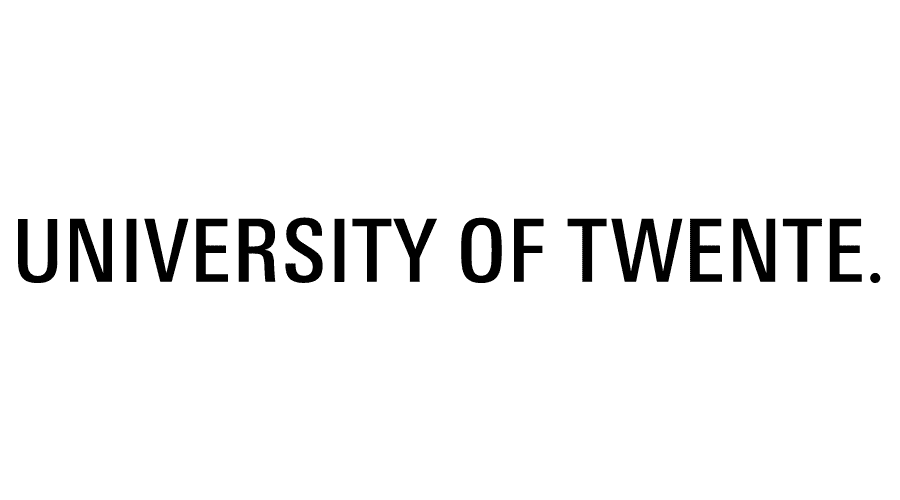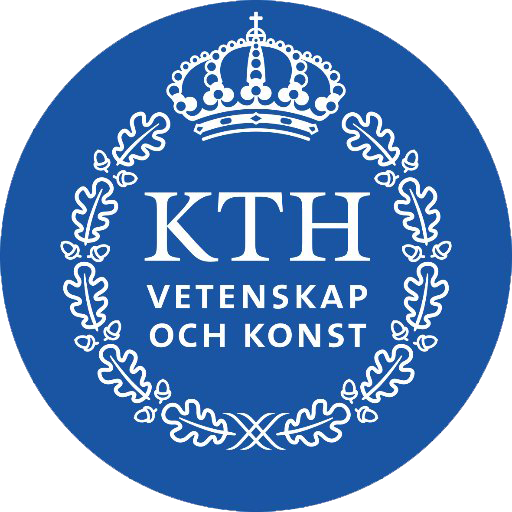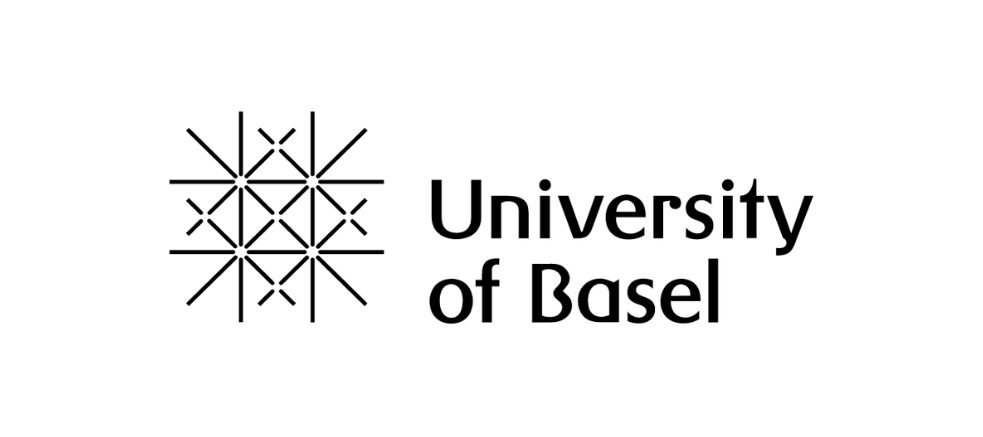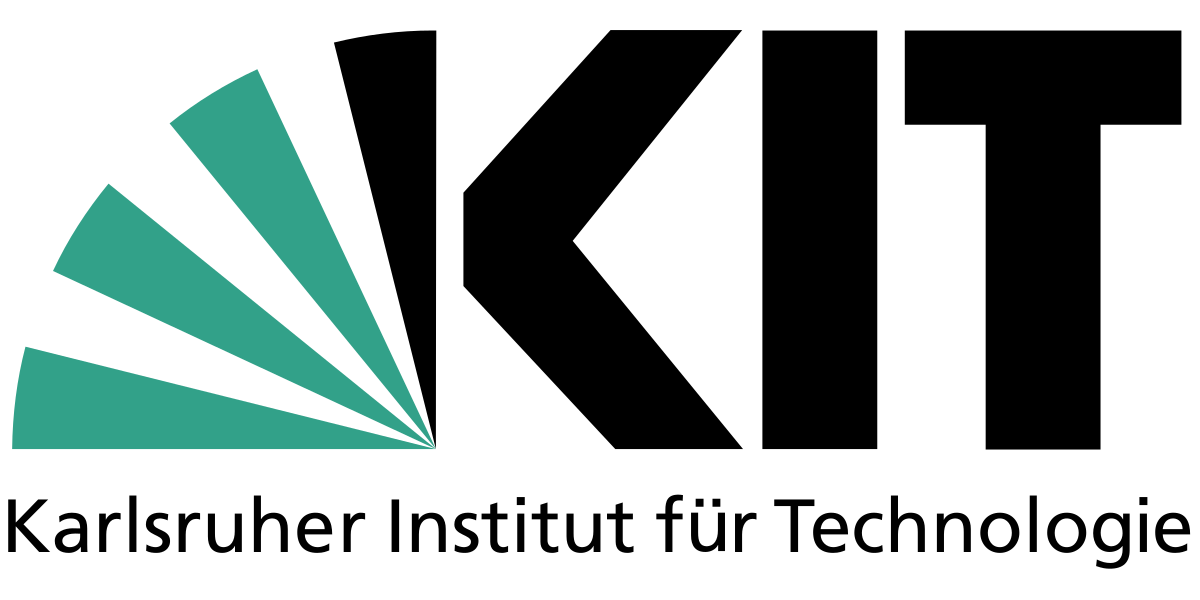Snabbfakta
-
- Enschede
- Heltid
- Rekrytering
Kategorier:
- Fysik
Titlar:
- Doktorand
Ansök senast: 2024-10-15
PhD position on Advanced Optics and Spectroscopy for daycare Arthroscopic Imaging
Job description
The Department of Biomechanical Engineering in the Faculty of Engineering Technology (ET) at the human-tech oriented University of Twente in collaboration with the department of Medical Physics at the Amsterdam University Medical Centre, are seeking a highly motivated PhD candidate to join us for a full-time, fully funded, 4-year project to substantially advance our novel imaging system that combines optical and spectral components. You will be supervised our multidisciplinary research team consisting of authorities in the fields of medical imaging, mechanical engineering, sports medicine, orthopedic surgery and spectroscopy.
The Challenge
Physical mobility is important human life and contributes to one’s health, social interaction, and independence. One of the greatest threats to carefree mobility is osteoarthritis (OA), with over 1.5 million patients in the Netherlands alone suffering disabling pain and functional limitations. This project will focus on cartilage damage in the ankle for which ample evidence exists that it contributes to early onset of OA, however many questions remain unanswered: How is it possible that within a few years, a healthy, sporting teenager, after sustaining a simple ankle sprain, progresses from being the world’s best football player to suffering a permanent work disability due to ankle osteoarthritis (OA)? This case of Marco van Basten continues to inspire physicians and researchers alike. However, 30 years later, we are still unable to identify the young patients at risk for walking the same path. Therefore, early detection of cartilage damage is essential, which is not possible with the conventional MRI or other imaging modalities. That is why in this project we focus on advancing current imaging needle ‘arthroscope’ to form a clinically applicable accurate and reliable diagnostic tool to assess cartilage damage directly after the moment of trauma.
Objective
The PhD’s objective is to advance the functionality of the current imaging needle ‘arthroscope’ by integrating advanced optical imaging and spectroscopic techniques to maximize information retrieval through minimally invasive portals. The PhD will play a role in the technical development of hardware of the diagnostic tool and complementary documentation to allow future clinical investigation, as well in the advancement of processing algorithms to transfer the raw data information to meaningful outcomes for the clinicians. These developments will have an iterative nature with technical and in vivo human samples evaluation to assess the advancements objectively. The research will take place at the University of Twente and Amsterdam UMC.
Requirements
- You have, or will shortly acquire, a master’s degree in (Applied) Physics, (Biomedical) engineering, Imaging Engineering or equivalent
- You have profound experience in data processing/programming, preferably in Python or Matlab, with a strong willingness to further enhance these skills
- You have a strong background in optical instrumentation, spectroscopy, and image processing
- You have affinity with medical applications and device design and are willing to dive deeper into these topics.
- You have a hands-on mentally and like practical work
- You have good team spirit and like to work in an interdisciplinary and internationally oriented environment.
- You are fluent in English, both spoken and written, and have strong analytical, organizational and managerial skills.
Conditions of employment
We offer a very stimulating position in a dynamic and international environment with enthusiastic colleagues, excellent working conditions and a green and lively campus.
- A fully funded full-time 4-year PhD position;
- Excellent mentorship and a stimulating international research environment;
- A training program as part of the Twente Graduate School where you and your supervisors will determine a plan for a suitable education and supervision;
- A starting salary of € 2.872 gross per month in the first year and a salary of € 3.670 in the fourth year gross per month;
- A holiday allowance of 8% of the gross annual salary and a year-end bonus of 8.3%;
- The flexibility to work (partially) from home;
- A solid pension scheme;
- Minimum of 29 holidays per year in case of fulltime employment;
- We encourage a high degree of responsibility and independence, while collaborating with close colleagues, researchers and other staff.
Female applicants are explicitly asked to apply for this position. This is part of the University of Twente's strategy to increase the proportion of women among its faculty and to create a working environment that is diverse and inclusive and supportive of excellence in research and teaching.
Additional information
You are welcome to contact Dr. K. Emanuel (k.s.emanuel@amsterdamumc.nl), Prof. M. Aalders (m.c.aalders@amsterdamumc.nl) or Prof. G. Tuijthof (g.j.m.tuijthof@utwent.nl) for any questions you might have.
Please submit your application before October 15th 2024 by using the “Apply now” button and include the following documents:
- A motivation letter, emphasizing your specific interest and motivation for this PhD position in our multidisciplinary team.
- A full Curriculum Vitae including your education, publications, awards, and working experience. Your CV should demonstrate the scope of your work and education and indicate a good fit with the stated requirements for the position.
- An academic transcript of BSc and MSc education, including grades.
- A short description of your most recent accomplishment (master’s thesis, final project report, etc.).
- References (contact information) of two scientific staff members (such as the supervisor of your master thesis/final project) who can to provide a recommendation letter at our request.
The first round of interviews will take place on October 31st, 2024.
Interviews take place in two phases. If selected, there will be a first online interview. A subset of the candidates will be invited for a second interview as well.



